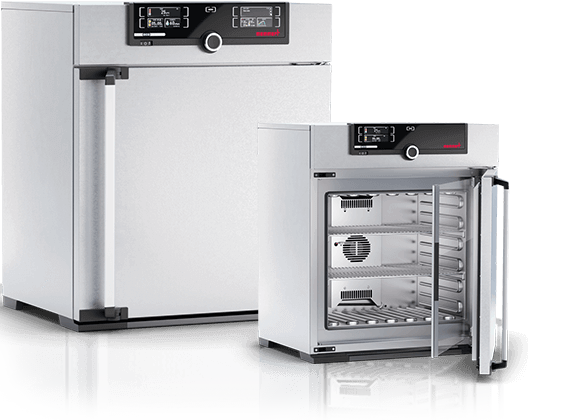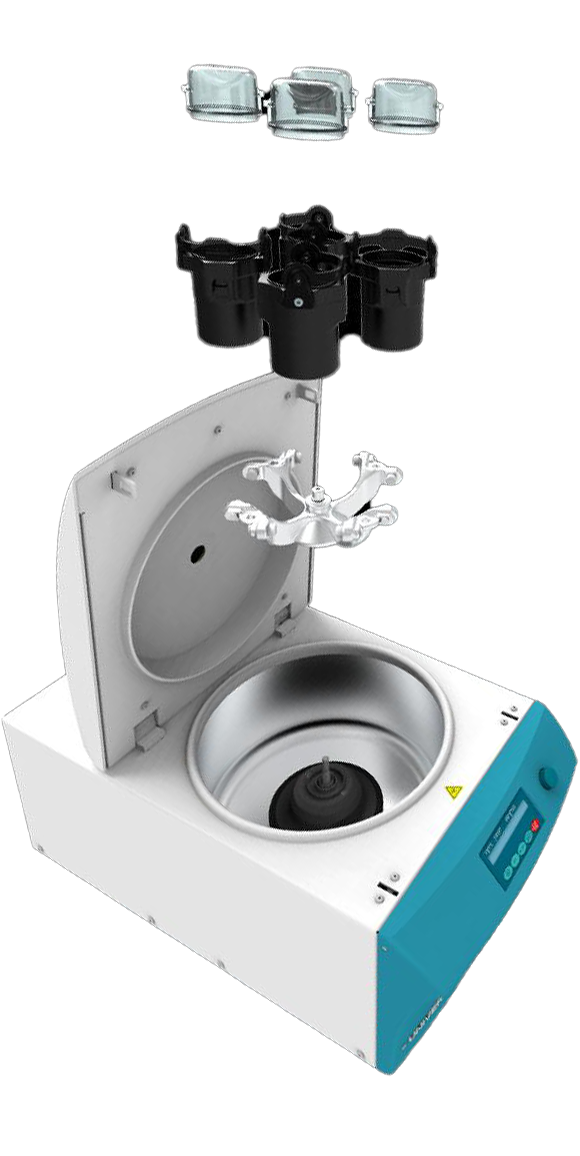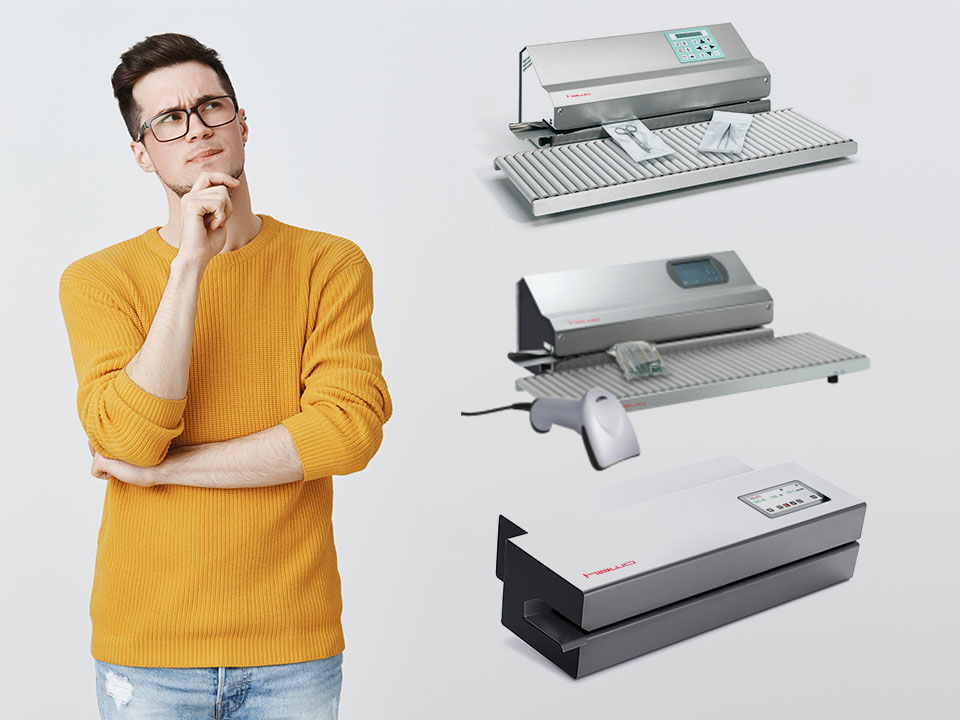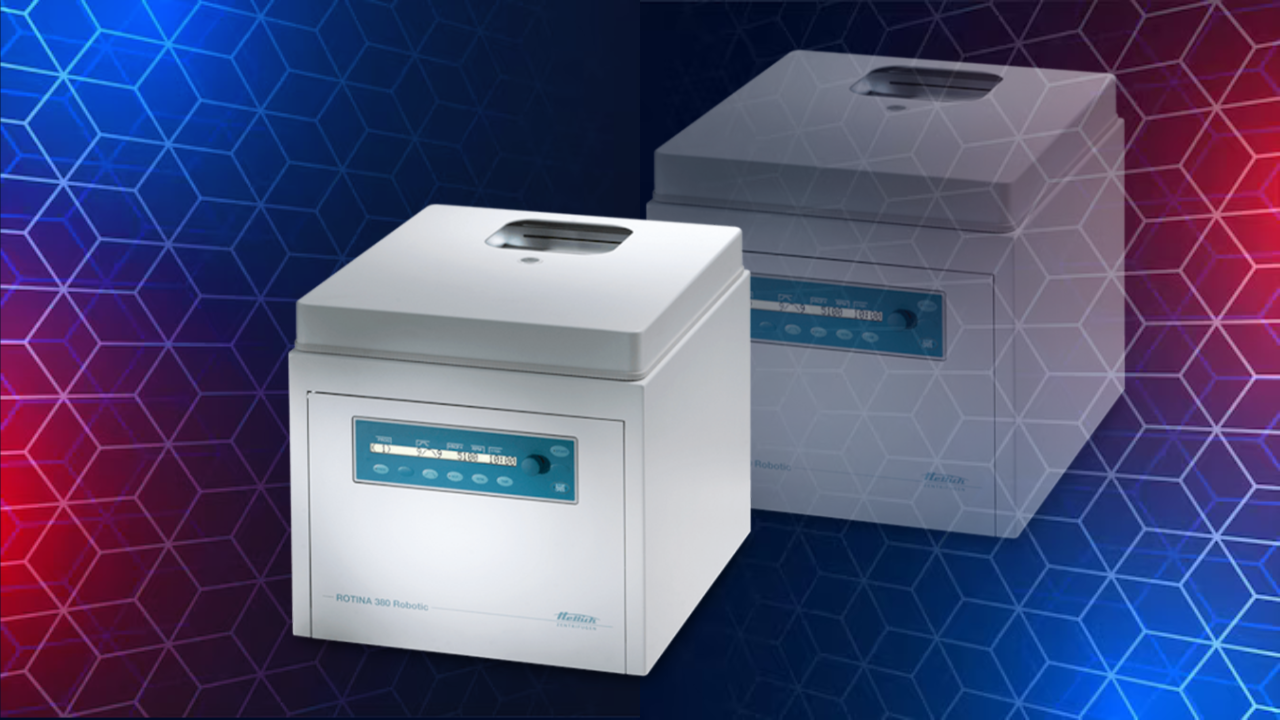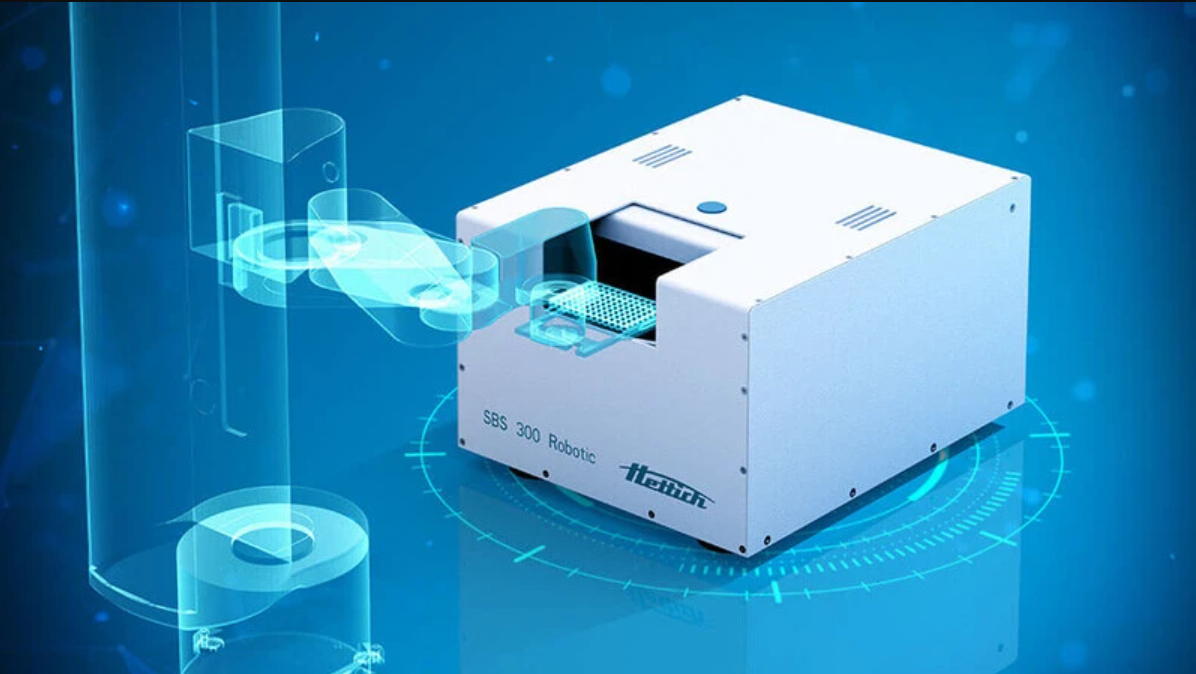Heat sealers come in many forms. It can be hard to decide on which option is best for you. Henderson Biomedical have years of experience in the service, repair, calibration and sale of heat sealers. We have the expertise to advise you on which sealer would be right for you.
Should I choose a rotary or an impulse heat sealer?
Broadly speaking, heat sealers, can be split into two different categories: rotary and impulse. Impulse heat sealers can also be referred to as ‘jaw’, ‘clamp’ or ‘manual’ heat sealers. With this type of sealer, the user simply places the bag into the heater bar, pulls down the clamp and waits a few seconds. The clamp is then lifted and the pouch is sealed. An impulse heat sealer can also come in a handheld form.
The impulse sealer works differently. The pouch is fed through either the left or right hand side and a motor pulls it through automatically. As the bag moves from left to right (or vice versa, depending on how the heat sealer has been configured), the sealer applies pressure and heat to seal the pouch.
Before making a choice on whether you require a rotary or an impulse sealer, you must first consider what you are sealing. Ask yourself this question: do the contents need to be kept completely sterile? If the answer to this question is ‘yes’ then you should consider a rotary heat sealer. If the answer is ‘no’, then an impulse heat sealer will be sufficient.
The problem with an impulse heat sealer is that the method of sealing involves a human being. It is the human being that makes the decision on how long the pouch should be held within the heater bars. Quite often, the pouch is not left for long enough, creating a poor seal. This seal might be good enough to contain the contents, but it might have some small gaps which compromises the sterility.
A rotary heat sealer eliminates this, as the pouch will always have the same amount of pressure applied to it. The heat will be consistent and the time it is held within the heater bars is the same, so the quality of the seal is much better.
Do I need traceability?
If the heat sealer is intended to be used in a clinical setting, then you will almost certainly need a rotary heat sealer. This is not only because the seal will be more consistent, but also because the user can print information on the paper side of the seal.
Many rotary heat sealers have an internal printer which will print key information such as who did the seal, the time and date of when it was done, the date of expiry, the department where it was sealed and so on. This information is vital in ensuring traceability should anything go wrong.
For example, if it transpires that a patient during surgery has contracted a Healthcare Associated Infection (HCAI) due to infected surgical scissors for example, then the hospital can track back when, where and how that instrument was sterilised and sealed. It could be because a batch of pouches was faulty. It could also be a fault with the autoclave or it could be the fault of the sealing process. Having the information printed on the pouch can help isolate a root cause.
Hawo manufacture a very sophisticated and easy-to-use traceability system called the VeriDoc. This is a stand-alone system which does not require a PC to be operated- something that is quite an attractive selling point given the recent NHS cyber-attacks.
The VeriDoc uses a scanner and a set of QR codes to print information onto a label which can be used in an autoclave. More information on the VeriDoc can be found on our web page. There is also a link to a YouTube video which demonstrated exactly how the system works.
What makes and models are out there?
There are many makes of heat sealers available in the UK market. German manufacturer, Hawo, is the market leader and we are very proud to be the exclusive UK distributor for their products. There is also a Dutch manufacturer called Famos and an Italian company called Gandus who also make heat sealers. Other brands include Swedish brand Getinge who also manufacture a wide range of cleaning and decontamination equipment.
Although Henderson Biomedical is the exclusive distributor for Hawo, we can actually service, repair and calibrate all makes of heat sealers. We have years of experience in this field and we are uniquely positioned to give you free advice on which option is best for you. Give our team a call on 020 8663 4610 to discuss your requirements.
